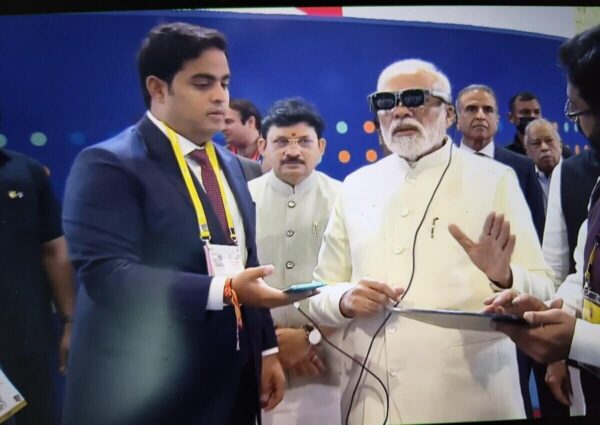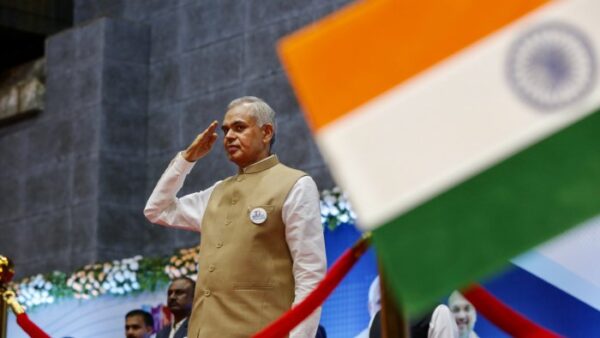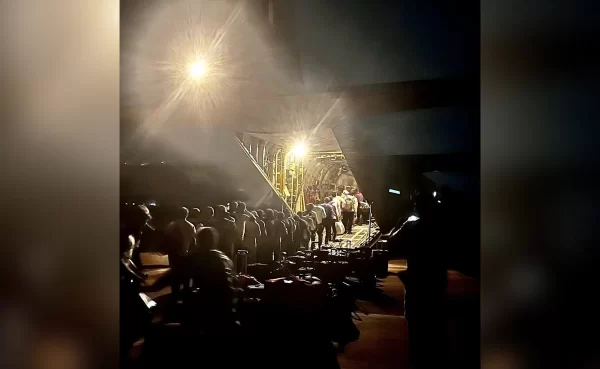
Consider Leaving It To Parliament: Centre To Supreme Court On Same Sex Marriages
The Centre on Wednesday asked the Supreme Court to remember leaving questions raised withinside the pleas searching for criminal sanction for identical intercourse marriages to Parliament. Appearing for the Centre, Solicitor General Tushar Mehta informed a five-choose charter bench headed via way of means of Chief Justice DY Chandrachud that the pinnacle courtroom docket is managing a “very complicated concern”, which has a “profound social impact”.
“The actual query is who could take a name on what constitutes marriage and among whom,” Mr Mehta stated at the 5th day of listening to. He informed the bench, additionally comprising justices SK Kaul, SR Bhat, Hima Kohli and PS Narasimha, that there could be ramifications on numerous different statutes which could want a debate withinside the society and additionally in numerous country legislatures.
Hearing withinside the depend is underway. On the primary day of listening to withinside the depend on April 18, the Centre had informed the pinnacle courtroom docket that its initial objection on whether or not the courtroom docket can in any respect pass into this query or it might be basically for the parliament to enter it’s heard first.
The bench had informed Mr Mehta that the character and tenability of initial objection will rely upon the canvas the petitioners open up and the courtroom docket desired to have a view in their argument.
Mr Mehta had stated the concern with which the pinnacle courtroom docket is dealing is truely the introduction of a socio-criminal dating of marriage which will be the area of the able legislature.
“When the concern is withinside the Concurrent List, we can’t rule out the opportunity of 1 country agreeing to it, every other country legislating in favour of it, every other country legislating towards it. Therefore, in absence of the states being now no longer joined, the petitions could now no longer be maintainable, this is one in every of my initial objections,” he had stated.
Mr Mehta had stated the initial objection turned into whether or not the courtroom docket can in any respect pass into this query or it might be basically for the parliament to enter it.
On April 18, the bench had made it clean that it’ll now no longer pass into private legal guidelines governing marriages even as finding out those pleas and stated the very perception of a person and a woman, as cited withinside the Special Marriage Act, is now no longer “an absolute primarily based totally on genitals”.
The Centre, in one in every of its affidavits filed withinside the pinnacle courtroom docket, termed the petitions a mirrored image of an “city elitist” view for the reason of social recognition and stated the popularity of a wedding is basically a legislative feature that the courts have to chorus from adjudicating.
On April 19, the Centre had entreated the pinnacle courtroom docket that each one states and Union Territories be made events to the complaints on those pleas, announcing any choice on the difficulty with out acquiring their view could render the present “hostile exercising incomplete and truncated”.
In a sparkling affidavit filed withinside the pinnacle courtroom docket, the Centre had stated it had issued a letter on April 18 to all of the states inviting feedback and perspectives at the “seminal issue” raised in those petitions.
While listening to the problem on April 25, the bench had stated Parliament undisputedly has the legislative energy over troubles raised in pleas searching for criminal sanction for identical-intercourse marriage and contemplated over the “interstices” left open for it to exercising its energy and until what extent.
The bench turned into confronted with numerous consequential criminal questions, inclusive of adoption, succession, intestacy and legal guidelines governing pension and gratuity wherein a as soon as legally-mentioned partner is the beneficiary, if it makes a decision to legalise identical-intercourse marriage.

 cheetah magnificent but fragile experts list concerns for cheetahs
cheetah magnificent but fragile experts list concerns for cheetahs  A historic day for 21st century India PM Modi launched 5g in India
A historic day for 21st century India PM Modi launched 5g in India  EMM Negative rare blood group found in Rajkot man 11th such case worldwide
EMM Negative rare blood group found in Rajkot man 11th such case worldwide  political leaders invited elon musk to set up tesla plants in their states
political leaders invited elon musk to set up tesla plants in their states  Gujarat Vidyapeeth by mahatma Gandhi in 1920 will invite governor acharya Devvrat
Gujarat Vidyapeeth by mahatma Gandhi in 1920 will invite governor acharya Devvrat  In Daring Op, Air Force Pilots Use Night Vision Goggles To Land In Sudan
In Daring Op, Air Force Pilots Use Night Vision Goggles To Land In Sudan